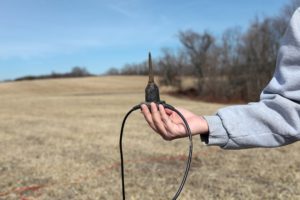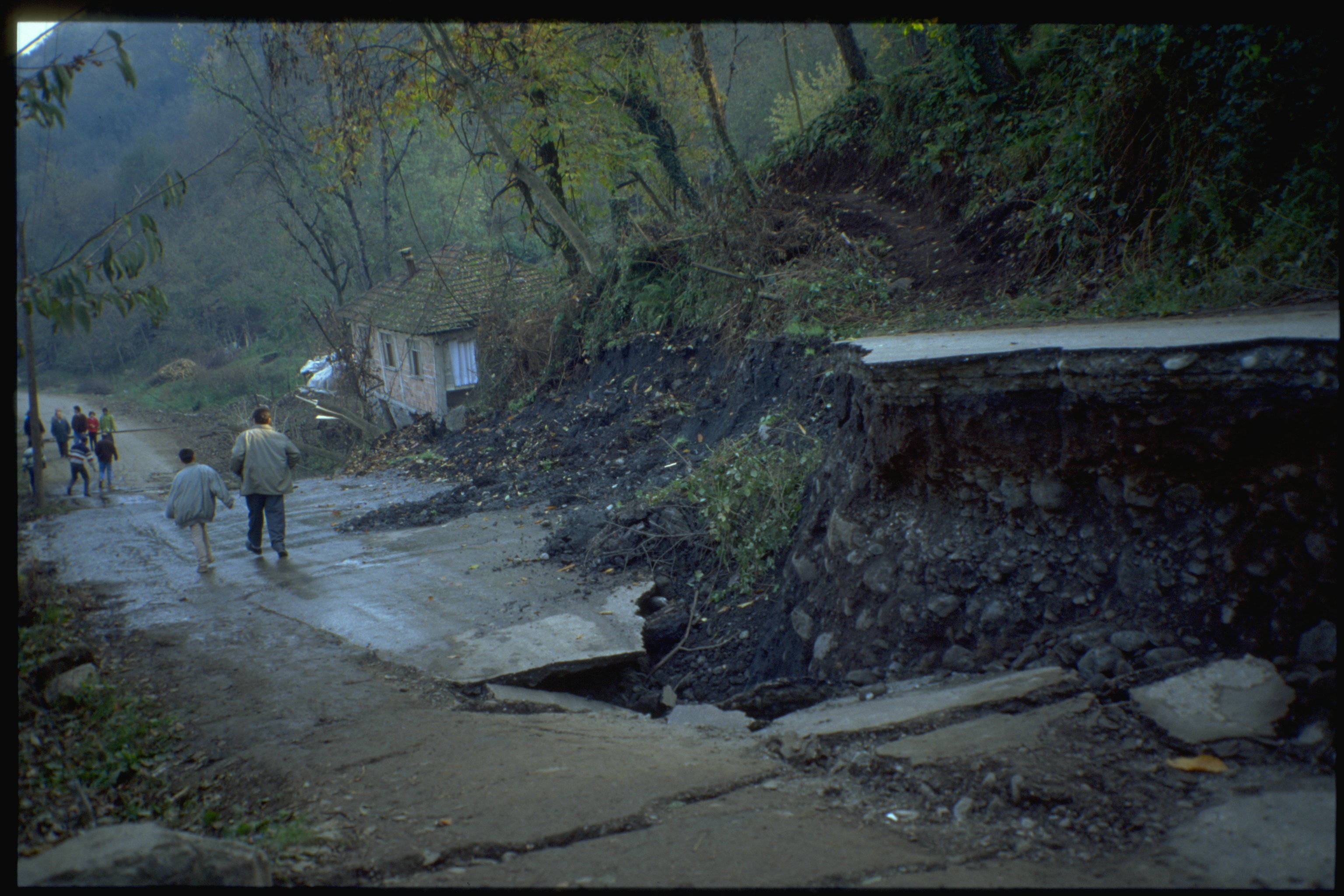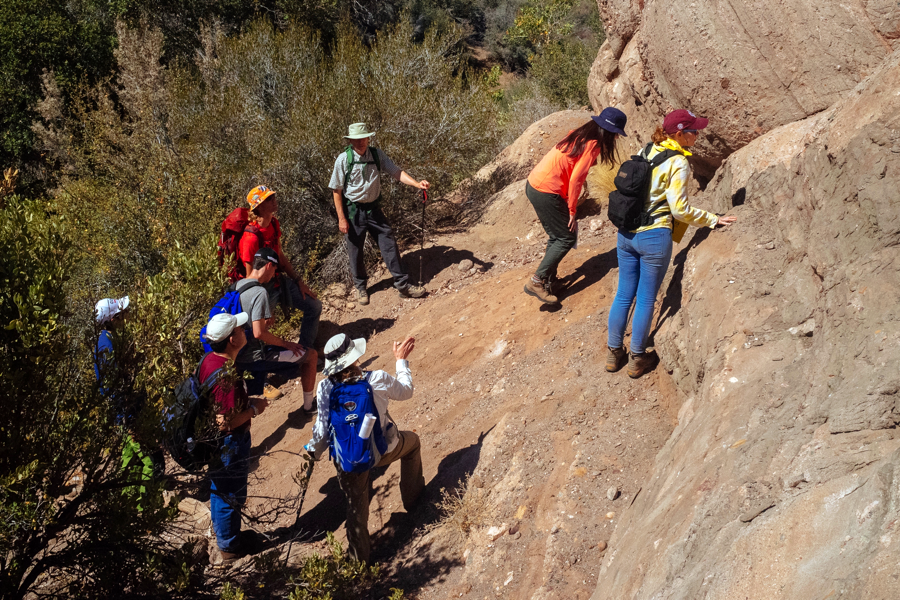All Categories
Featured
Table of Contents
Standard And Guidance For Archaeological Geophysical ... in Perth Australia 2023
This work is progressively contracted out, so consultancies supply another source of work. Consultancy companies differ in size, from extremely little business to large multinationals. Some consultancies are quite specialised in utilizing particular geophysical strategies or working in particular places, while others provide a more varied series of services to their clients.
The extraction of gas from garbage dump sites is another area of employment and this may grow in the future. Expedition business might carry out work for building companies, public utility, mining business and ecological companies, so geophysicists may be utilized in any of these settings. Other employers include: geological surveysgovernment bodies and agenciesuniversities and research study institutes.


Vacancies may be noted in the oil and gas sector press. Recruitment is impacted by oil cost changes and the level of competition for positions varies depending upon this. Careers Days, which cover the full series of geoscience careers and are typically gone to by a variety of key market employers, are run by The Geological Society.
Geophysical Method - An Overview in Carmel Oz 2022
A few of the big oil and gas business offer a complete two-year structured training program across the breadth of geophysics, including the chance to experience work in numerous teams before specialising in one area. Your training may include deal with: existing wellsmagnetic and gravitational possible field information analysisresearchrock analysis. Nevertheless, it's more typical for your initial training to be provided on the task.

There may be a probationary period during which you work together with a knowledgeable associate. Competency-based appraisals take place routinely in many firms. In smaller sized firms, and for academic posts, there is unlikely to be any official training - you'll be anticipated to begin work straightaway and get abilities as you go along.
If you work for a smaller sized business, you may discover that you need to take responsibility for setting up and funding your own advancement and training. If you have a geology degree, membership of The Geological Society can be helpful for networking and for keeping up to date with the industry.
Geophysics in Kenwick WA 2023
You might also discover it helpful to sign up with the PESGB (The Petroleum Expedition Society of Great Britain, which has a geophysics special interest group. After a probationary period, and once you have actually gotten some experience, you could advance to senior geophysicist, then team leader and then into a senior function in management.
The ease of movement between functions depends upon the company structure. Research study at Masters or Ph, D level in a subject related to geophysics or geosciences may help with your profession advancement and development. The employment market within the oil and gas market is extremely depending on price and this may affect your opportunities for career development.
For skilled geophysicists, freelance consultancy uses an excellent route for profession advancement. As a geophysicist, you're likely to have several tasks throughout your working life.
How To Become A Geophysicist in Darlington WA 2020
From geophysics, it's possible to concentrate on seismology (finishing further training to end up being a seismic interpreter) or to move into related areas such as engineering geology or threat prediction.
Deciding what to study in college is a difficult choice. Even if you understand that your field of interest lies in science, what program of study is ideal for you?
The first step to achieving your objective of ending up being a geophysicist is earning a degree. Even for entry-level positions in the field of geoscience, you'll need a bachelor's degree (a geophysicist college degree) from a certified college or university. Some research study positions need candidates to hold master's degrees or perhaps Ph.
Geophysical Survey - An Overview in Leda Western Australia 2022
Doctoral degrees are specifically essential if you prepare to teach at a four-year organization. Geophysicists use physics ideas and methods to study the gravitational, magnetic, and electrical fields of the earth. This advances researchers' understanding of both the world's interior core and its surface area. Geophysicists need to be able to: examine rocks, pictures, and other pieces of data conduct research both in the field and in laboratories develop maps and charts of their findings write reports To achieve all this, students need a specialized education for geophysicist careers.
As stated above, you'll require a bachelor's degree in geoscience or a related discipline, such as a physical science or a life sciences, to land an entry-level job. Trainees can also prepare by majoring in subjects like: Biology Chemistry Computer science Engineering Mathematics Physics The above geophysicist majors provide a more generalized approach to a single scientific discipline, however most programs need students to take one or more geology course.
Latest Posts
Bachelor's Degree In Geophysics - Degrees & Programs in Woodbridge Oz 2023
Geophysical Methods in Leederville Aus 2022
Job Profiles : Geophysicist Physics in Northbridge WA 2020